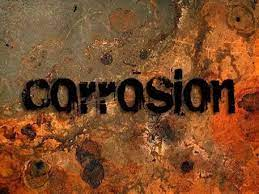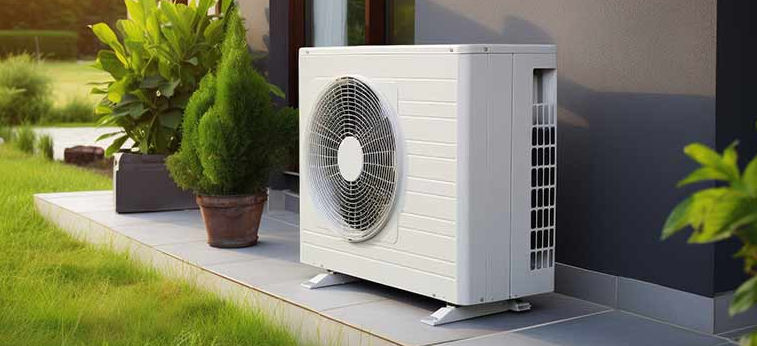How to Prevent Corrosion With Surface Treatments

Is Hexa Core Better Than Quad-Core? Which Has Better Performance?
May 11, 2022
Where is the Optimal Place to Put a TV in a Room?
May 24, 2022There are several effective ways to prevent corrosion, ranging from simple precautions like regular maintenance to complex procedures like using a barrier coating. The easiest method of corrosion prevention is barrier coating, which can take the form of paint, plastic, metal or even a powder. Powders adhere to the surface of the metal and can be made of various materials like epoxy, nylon, or urethane. Paint is also effective for preventing corrosion due to its ability to resist the electrochemical charge of corrosive compounds. A paint system comprises different layers of paint, which include a primer coat, an intermediate coat to add thickness to the coating, and a finish layer to provide corrosion resistance.
Another form of surface treatment is hot dipping, which involves the part being dipped into molten metals to form a protective metallic film. It is used to improve the corrosion resistance of aluminium and other metals and is also used to create an aesthetic finish. Guard rails on motorways are commonly treated with hot-dip galvanising. However, it is important to note that hot-dip galvanising may lead to a metallic coating, so it’s crucial to use caution when using it.
Another anti-corrosion method is to add an additional layer of corrosion inhibitors. Corrosion inhibitors are substances that are added to controlled environments and form a chemically impermeable or electrically insulating surface layer over the exposed metal. In addition to protecting the metal, these compounds also make the system less sensitive to scratches and abrasions. Some of the most effective and common types of corrosion inhibitors are zinc and cadmium, which can be found in many different forms. For more details on Surface Treatments, contact poeton.co.uk
Inaccessible areas also require protection from corrosion. Inaccessible areas such as crevices must be filled or sealed with an inert material. Welded seams are especially susceptible to corrosion. Ships with numerous metal parts are built with several kilometres of welds. Despite the fact that these materials are more expensive, continuous welding is the most effective way to prevent corrosion.
New technology and innovations in surface treatments are crucial to protecting metal parts. There is ongoing development of new products and processes for different surface treatment applications, such as automobiles, HVAC systems, agricultural, and home appliances. Companies strive to meet the highest quality standards and strict legal requirements for environmentally responsible products.
Antimicrobial and biofilm-producing bacteria can significantly improve the corrosion resistance of metal. Antimicrobial-producing biofilms can also prevent mild steel corrosion by sulphate-reducing bacteria. In addition to bacterial films, controlled permeability formwork is also helpful for preventing reinforcement from corrosion and improving the overall durability of the cover. Its application has been used in construction to combat frost, chlorides, and abrasion.





